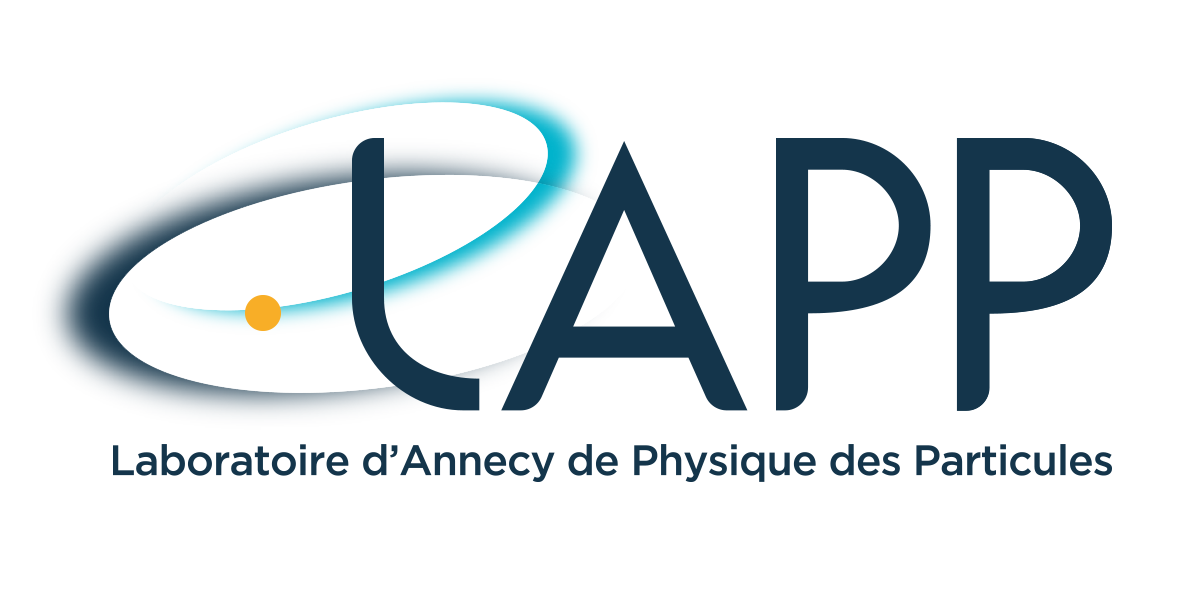Mohamed Belfkir – Phd’s defense – sep. 15, 2021
Search for Higgs pair production at LHC collider (CERN): The first measurement for Higgs potential and search for new physics
Since the discovery of the Higgs boson in 2012, the Higgs sector of the Standard Model is one of the main windows into searches for new physics, in particular through the measurement of its coupling parameters. The Higgs self-coupling parameter lambda plays a particularly important role, since it is a direct probe of the Higgs potential responsible for electroweak symmetry breaking in the SM. It could be distorted by large contributions from New Physics. The most sensitive probe of lambda at LHC is through double Higgs production with one Higgs decaying into a pair of b-quarks and the other in a pair of photons (HH -> bb gamma gamma) : this channel is one of the flagship measurements of the high-luminosity program of the LHC (HL-LHC). The proposed PhD will address the search for HH production with the ATLAS detector at LHC. The student will develop new analysis tools including the implementation of Machine Learning for the HH -> bb gamma gamma final state. This selection approach will be applied to the full Run2 sample (150 fb-1 collected between 2015 and 2018). This sample will be four times bigger than current published results. After this first step, he/she will participate to the combination of the different decay channels (bbbb, bbtautau) to maximise the opportunities to make the first HH production observation and maximise the precision on lambda .
Finally, the student will contribute to the combination with the CMS experiment. Finally, the work will include the interpretation of the HH measurement. This will take the form of a measurement of the Higgs self-coupling parameter lambda in the context of the SM, as well as interpretations in terms of New Physics models. The work could also include the study of alternate probes of the Higgs potential coming from other Higgs processes. This work will also prepare the path to the analysis of Run3 (300 fb-1) data and HL-LHC (3000 fb-1) data. This PhD will make use of the strong involvement of LAPP in both H->gamma gamma and the aim of the ATLAS group to acquire b-jet tagging technology in relation with its contribution to the ITk upgrade. It will also benefit from the proximity of CERN, to facilitate interaction with experimental and theory groups on the CERN site, as well as technical and operational work on the dectector. The thesis will feature a long-term stay at CERN (up to 6 months) to facilitate these interactions.

